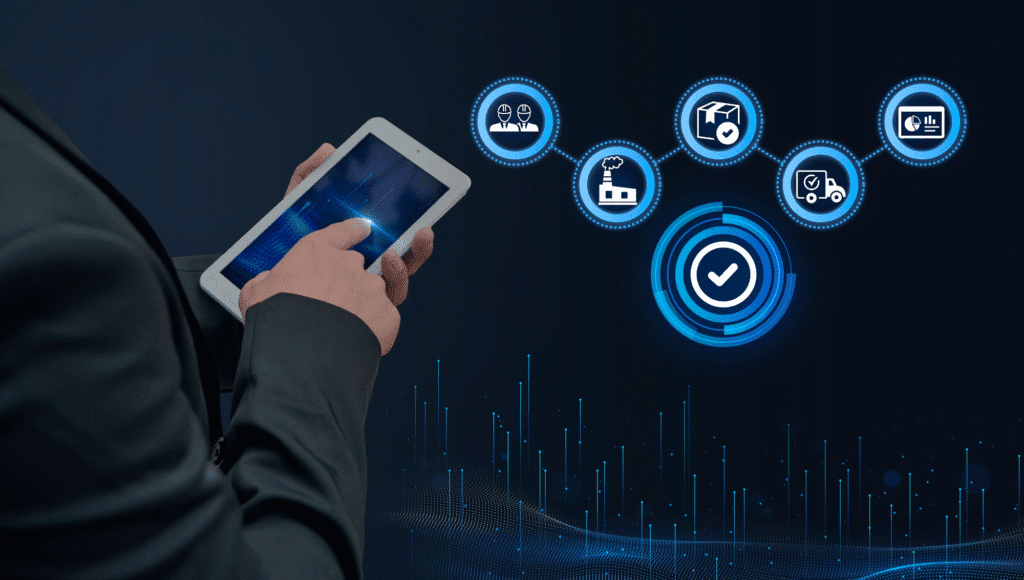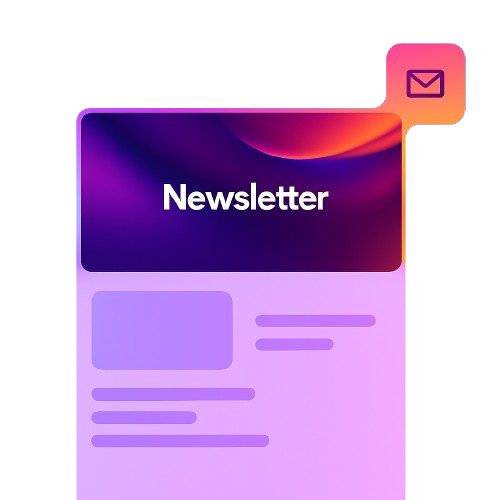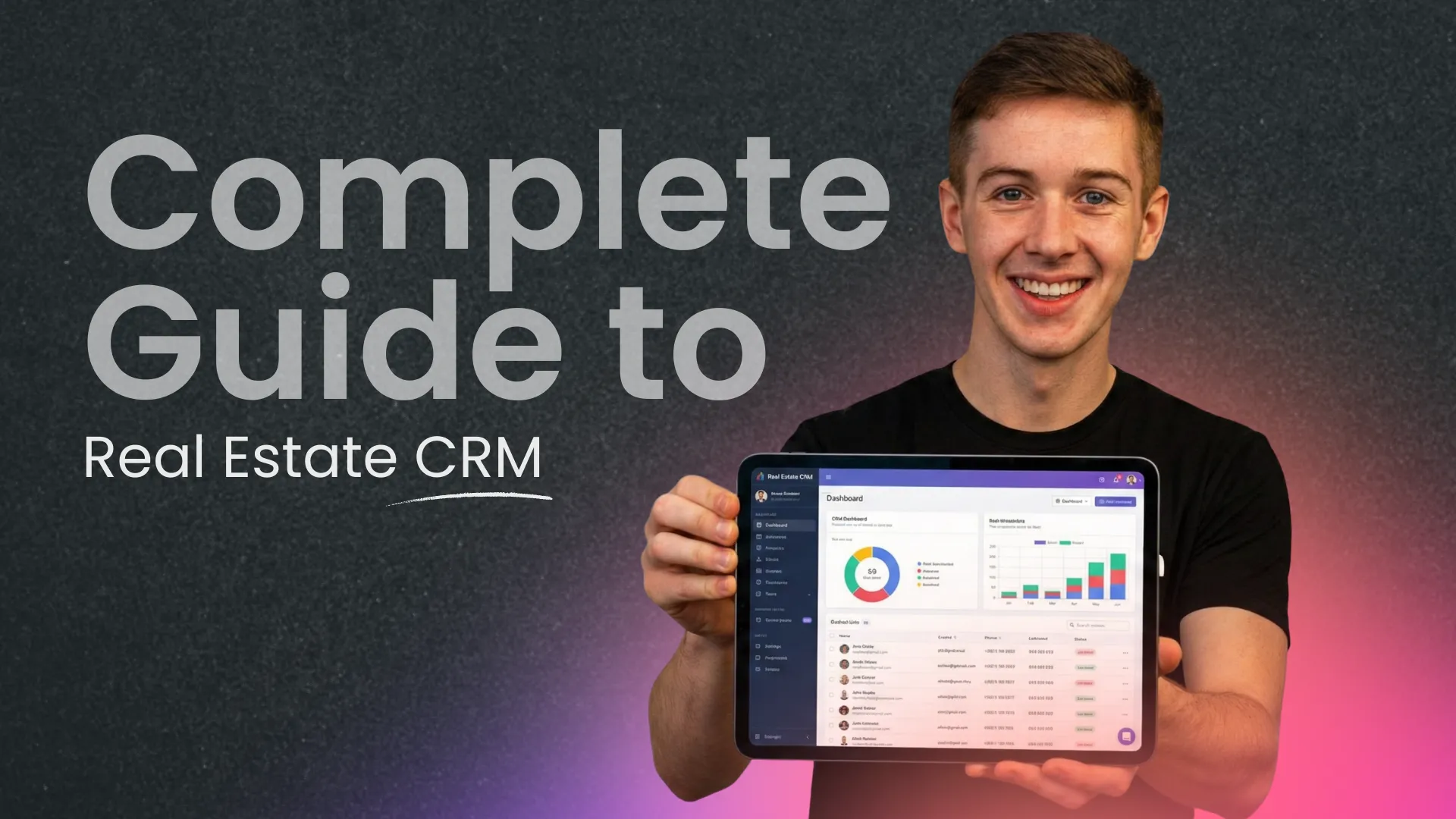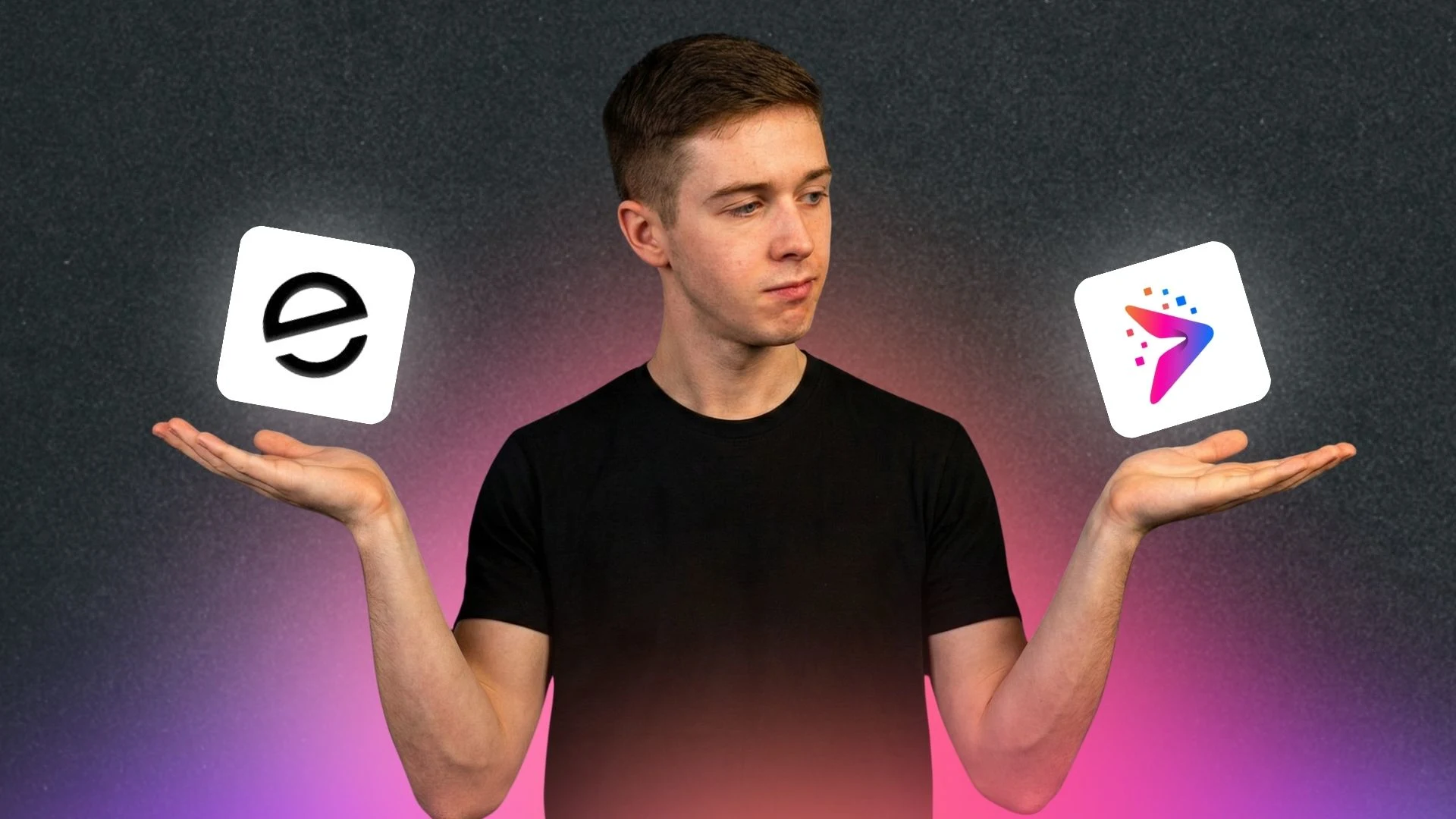
Introduction — Bringing AI to Everyone
Artificial Intelligence is no longer a tool reserved for big tech companies with deep pockets. With Microsoft’s Power Apps AI Builder, anyone—from small business owners to enterprise teams—can add AI-powered capabilities to their apps without writing a single line of code.
This is a game-changer for organizations that want to improve decision-making, automate workflows, and provide smarter user experiences—fast.
Launch Your App Today
Ready to launch? Skip the tech stress. Describe, Build, Launch in three simple steps.
BuildWhat is Power Apps AI Builder?
Power Apps AI Builder is a feature within Microsoft Power Platform that lets you create, train, and deploy AI models directly inside your Power Apps or Power Automate workflows.
No coding.
No AI expertise required.
Just connect your data, choose a prebuilt AI model or train your own, and integrate it into your apps.
Core Features of Power Apps AI Builder
- Prebuilt AI Models – Sentiment analysis, form processing, object detection, text recognition, and more.
- Custom AI Models – Train your own AI model using your business data.
- Seamless Power Platform Integration – Works with Power BI, Power Automate, and Dynamics 365.
- Business-Ready AI – Models built to handle real-world data and scale with your needs.
- Low-Code Experience – Build and deploy in hours, not weeks.
How to Use Power Apps AI Builder in 5 Steps
1. Identify Your Use Case
Ask:
- Do you need to automate form processing?
- Detect objects in images?
- Analyze customer sentiment?
2. Select a Prebuilt or Custom Model
- Prebuilt models save time for common scenarios.
- Custom models give you tailored insights from your own data.
3. Connect Your Data
Link to Microsoft Dataverse, SharePoint, Excel, or other connected data sources.
4. Train and Test the Model
- Use intuitive wizards to train AI without code.
- Test accuracy before deployment.
5. Deploy to Your App
Integrate your AI insights into Power Apps or automate tasks in Power Automate.
Why Businesses Love Power Apps AI Builder
- Rapid Deployment – Add AI in hours.
- Cost-Effective – No need for expensive AI specialists.
- Scalable – Works for both SMBs and enterprises.
- Secure – Built on Microsoft’s compliance framework (GDPR, ISO 27001).
- Customizable – Adapt AI to fit your unique workflows.
Popular AI Use Cases
- Invoice Processing – Automatically extract and store key details.
- Customer Support – Analyze sentiment in feedback forms.
- Retail – Detect products in inventory photos.
- Field Service – Recognize and track equipment.
- HR – Process resumes and match candidates to roles.
Cost & Time Savings Comparison
| Metric | Traditional AI Dev | Power Apps AI Builder |
|---|---|---|
| Time to Deploy | 3–6 months | 1–2 weeks |
| Cost | $50,000+ | Included with Power Apps licensing |
| Skills Needed | Data science & coding | None |
| Integration | Manual coding | Native with Microsoft tools |
10 FAQs About Power Apps AI Builder
1. Do I need coding experience?
No—everything is low-code/no-code.
2. Can I use my own data?
Yes—via Dataverse or other sources.
3. Is it part of Power Apps?
Yes—built directly into the platform.
4. Can it handle multiple languages?
Yes—many models are multilingual.
5. How accurate are the models?
Prebuilt models are highly accurate; custom models depend on your data quality.
6. Can I export my AI model?
You can reuse models across multiple apps in Power Platform.
7. Is it secure?
Yes—Microsoft’s enterprise-grade security applies.
8. Does it require additional licensing?
Some models may require AI Builder capacity add-ons.
9. Can I integrate it with Power Automate?
Yes—AI Builder works seamlessly with automation flows.
10. Is it good for small businesses?
Absolutely—low entry cost and fast deployment.
Conclusion — AI for Every Business
With Power Apps AI Builder, AI is no longer a “future technology”—it’s a tool you can start using today. Whether you want to automate data entry, understand customer feedback, or recognize objects in images, you can deploy AI features in hours, not months—and without hiring a developer.
If you’re already using Microsoft 365, the jump to Power Apps AI Builder is one of the smartest moves you can make for your business in 2025.
Launch Your App Today
Ready to launch? Skip the tech stress. Describe, Build, Launch in three simple steps.
Build





